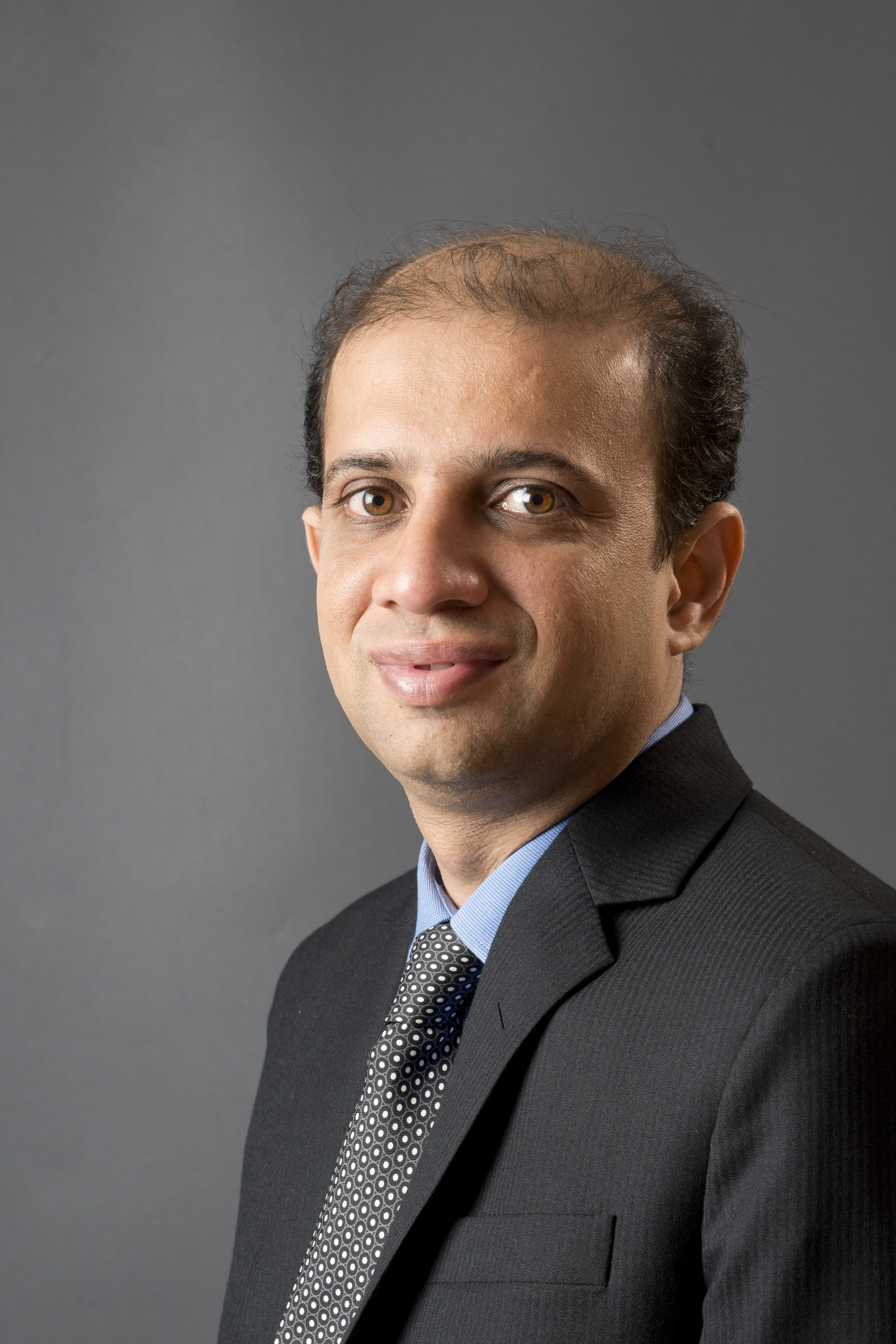Government has understood that reforms have to continue in order to nurture foreign interest in the form of FDI and other investment inflows. Hence, using the value strategy in the current scenario makes compelling sense, says Nimesh Shah, Managing Director & CEO, ICICI Prudential AMC.

Can you please elaborate on the rationale for launching ICICI Prudential Value Fund - Series 1?
Value investing is a far bigger theme than any other opportunity in India in the prevailing market situations. This is mainly on account of four reasons (1) sharp valuation dispersion among sectors and market cap segments, (2) a number of 'under-noticed' value opportunities which have been thrown up due to the currency volatility, (3) earnings upsides through incrementally higher capacity utilization across many sectors and (4) investing at a cyclical low in terms of GDP growth. Besides these reasons, domestic challenges, the most compelling one of which is continuation of the reforms process, will crystallize post the 2014 union elections. The positive aspect to the elections in terms of reforms is that both parties, the current government in rule and the opposition, have understood that reforms have to continue in order for the country to retain and nurture foreign interest in the form of FDI and other investment inflows. Hence, using the value strategy in the current scenario makes compelling sense.
Why have you kept the fund close-ended? Are you looking to launch Series 2 in the future?
Value investing is one of the most popular investment themes globally. For instance, AUMs of Value funds in the US is approximately 85 per cent of the AUMs of growth funds. As against this, in India, AUMs of value funds is merely about 10 per cent of the combined AUMs of growth funds and funds applying other strategies. While most investment gurus would proclaim India to be a growth market where growth investing is the most suited investment style, the truth is that Indian markets offer a good opportunity to use value investing. Way back in 2004, we had launched a fund ‘ICICI Prudential Discovery Fund’ (an open ended equity fund) which would allow investors to benefit out of value investing. We have now launched ‘ICICI Prudential Value Fund Series 1’ (a 3 year closed ended equity scheme). A close-ended fund provides the fund manager the ability to take a more concentrated position without worrying about short-term performance. He can take 'value' bets spanning over a period of three years. We also intend to launch Series 2 in future.
How does the close-ended nature of the fund help in delivering better returns as compared to open-end funds?
Both structures have their merits. ICICI Prudential Discovery Fund, an open ended, follows value investment philosophy. The Discovery Fund has a quarterly average AUM of Rs. 2534 crore as on 30 September with nearly 60 stocks. The weightage of small and mid-cap stocks in the portfolio is less than 1%. As against this, the Value Fund, a three year closed ended scheme, will have much more concentrated positions, wherein it can take higher exposure in mid and small cap. The asset base will also be lower. The idea is to build a focused portfolio of 25-30 high conviction stocks (the number may vary depending upon prevailing market conditions at the time of deployment and is being shared to explain the investment philosophy).
If some of the stocks don't play out, there could be a possible downside. But we believe that this kind of concentrated position gives it a focused fund structure rather than getting it too diversified. In our experience, we have seen that if we focus too much on price-to-earnings and price-to-book, we normally don't get the benefit of the best ideas.
Therefore, we have a more omnibus approach where we look at price-to-earnings and price-to-book in the context of return on equity (ROE) and return on capital employed (ROCE). We also look for asset backed situations, special situations and turnaround situations. We have a wide mandate which is in tune with what we have seen has worked in value in the last few years.
As and when the fund manager is of the view that a specific investment has met its desired objective and the investment is liquidated, the proceeds may be distributed by way of dividend, subject to the availability of distributable surplus. This aspect of the product differentiates it from other closed ended structures available in the market.
Apart from identifying value stocks based on their intrinsic value, which other parameters will the fund manager consider while investing? Will this fund completely avoid growth stocks?
As mentioned earlier, we will also look for asset backed situations, special situations and turnaround situations. We have a wide mandate which is in tune with what we have seen work in value in the last few years.
How confident are you that the fund will achieve its objective at the end of three years?
Value is a far bigger opportunity than any other theme in market at this point in time. We are in an interesting period for investment in Indian equities. We are going to approach the elections and the results for this quarter will be out soon. In our view, the quarterly results are not likely to be good. Having said that, if we take the long term view, situations where GDP growth is low (2001-02 and 2002-03 were years of low GDP Growth), you have made good returns by investing in equities. If you see the highest GDP growth years of 2007-2008 and 2009-2010 were best years to sell equities. On that basis, it looks like a good long-term period to look at value opportunities.
We think that the big thing is value because there are 10-12 stocks which are overvalued. The rest of the market is dirt cheap. If you look at it, most of it will be in the single digit PE (price to equity). Most of them are trading at price to book or below one. We think value is a far bigger opportunity than any other theme at this point of time.
Which kind of investor is this fund suited for?
The fund will suit investors who have an investment horizon of three years. Exposure to such funds helps compliment an investment portfolio by diversifying beyond growth oriented funds since these generally have low volatility.





